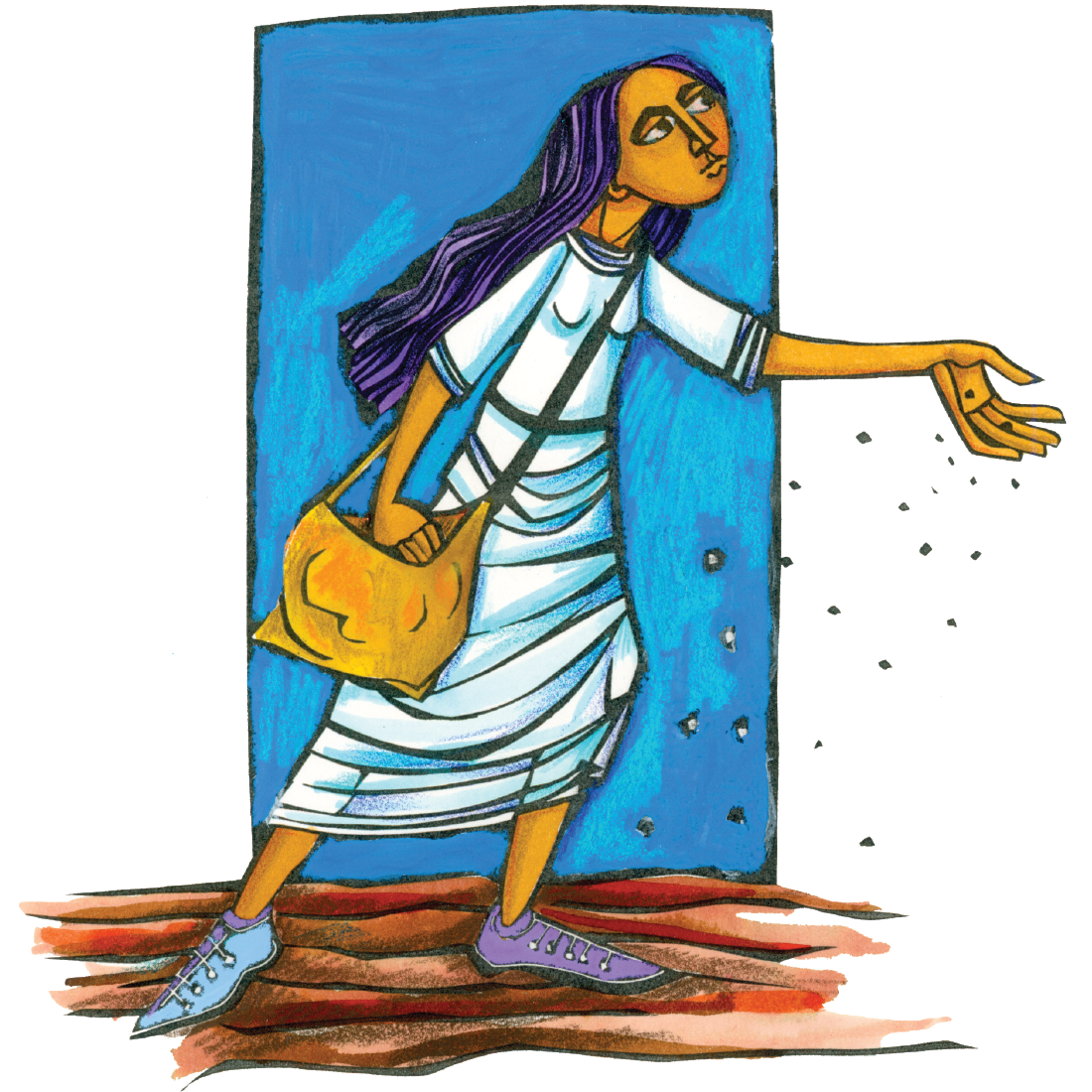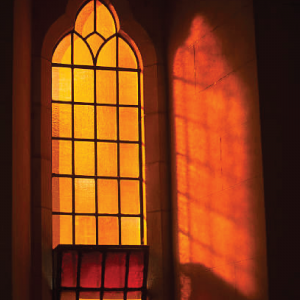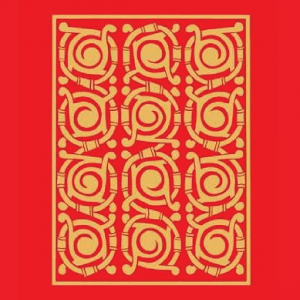PHONE
555-555-5555
ADDRESS
Dorothy Day Guild
1011 First Avenue, Room 787
New York, NY 10022
SIGNS OF HOLINESS, Reading Fratelli Tutti
In 2020, when Pope Francis published Fratelli Tutti, a Jesuit friend and I co-hosted an online reading group. Every week we would meet on Zoom, with people calling in from all over Canada and the United States. I would offer my perspective as a Vatican reporter, and my Jesuit friend would be our spiritual guide.
Discussing Fratelli Tutti with this group opened up the encyclical for me in a way I had not experienced since 2013, when this same friend guided a group of us through Evangelii Gaudium. I wish I had documented it better. I have since gone back through my notes, hoping to jog my memory. There is sadly little. I suppose I was too engrossed in our conversation.
One insight, though, remains with me. As we made our way through the document, an image of the kind of community Pope Francis described began to emerge. It was one of very different people, different opinions, different temperaments, and from very different walks of life. Together, they would gather, often in-person, bound by a belief in a higher purpose and a desire to love their neighbors, exercised through what Francis lays out as “political love” and “social love,” which is rooted in a recognition that everyone is loved by God.
As this image emerged, my friend Matthieu and I kept sharing stories in the reading group of times we had seen imperfect examples of this kind of community in action at the Catholic Worker. We were both frequent visitors to Maryhouse and St. Joseph’s in New York: I would stop in often after work and on the weekends to chat and help out, and Mathieu would stay there for days or weeks while doing research on the history of the Catholic Worker. Ours was not a romanticized image of the Worker: We knew well the way certain personalities grated against others. We knew the disagreements, the messes, the day-to-day struggle. But we recognized that Catholic Workers continue to work and live together every day because of their shared values: community, voluntary poverty, advocacy for peace, and service without any expectation of repayment.
“At the times that I do despair about the state of the canonization system, though, one thing never fails to give me hope: the miracles.”
At the Catholic Worker, we saw political love and social love in action. Here is how the pope suggests we can define political love:
For whereas individuals can help others in need, when they join together in initiating social processes of fraternity and justice for all, they enter the ‘field of charity at its most vast, namely political charity.’ This entails working for a social and political order whose soul is social charity.
In a later section on the exercise of political love, Pope Francis goes on to explain:
It is an act of charity to assist someone suffering, but it is also an act of charity, even if we do not know that person, to work to change the social conditions that caused his or her suffering.
As for social love, he writes,
‘Social Love’ makes it possible to advance towards a civilization of love, to which all of us can feel called. Charity, with its impulse to universality, is capable of building a new world. No mere sentiment, it is the best means of discovering effective paths of development for everyone. Social love is a ‘force capable of inspiring new ways of approaching the problems of today’s world, of profoundly renewing structures, social organizations and legal systems from within.’”
Matthieu and I recognized this combination of global vision and local action—both charitable and political—in the Catholic Workers we knew. There were people like Carmen Trotta and Martha Hennessy, who worked at St. Joseph House and Maryhouse, respectively, serving meals and sorting clothing donations while wearing ankle monitors as they awaited trial for breaking into a submarine base in Georgia to protest nuclear weapons.
Importantly, for those who engage or wish to engage in this type of love, is a sentiment Pope Francis and Dorothy shared. He writes,
What is important is not constantly achieving great results, since these are not always possible. In political activity, we should remember that, ‘appearances notwithstanding, every person is immensely holy and deserves our love. Consequently, if I can help at least one person to have a better life, that already justifies the offering of my life.’
This is much like Dorothy’s famous quote: “Don’t worry about being effective. Just concentrate on being faithful to the truth.”
There are plenty of people who look at the Catholic Workers holding a vigil for Yemen weekly in Union Square park and ask, “What is the point?” But it does make a difference. Vigils may not stop governments from funding a proxy war in a starving country, but it may remind the thousands of people passing through the park about people they probably never thought about. These things prick people’s consciences, maybe even spark them to action. And it reminds Yemenis in New York that someone cares. So the Catholic Workers keep showing up.
Reading
Fratelli Tutti and seeing how the New York Catholic Worker communities lived out, even imperfectly, Francis’s ideal of a group brought together by political and social love, gave me hope. It’s a hope that the kind of community the pope imagined responding to the many needs of society could be actualized, and is already, in however small a way.
Colleen Dulle is an associate editor for America. Listen to her discussion with Gerard O’Connell on Fratelli Tutti here. And our thanks to Bro. Martin Erspamer, OSB, for the use of his illustration as the icon for “Signs of Holiness.”



A Woman of Conscience, a Saint for Our Time
The Dorothy Day Guild supports and advances the cause for canonization of Dorothy Day, initiated by the Archdiocese of New York as a saint by the Roman Catholic Church, and promotes, for the benefit of all people interested in social justice, awareness of Dorothy Day, her writings, the Catholic Worker Movement she co-founded, and her life and witness to the Gospel.
QUICK LINKS
© 2023 All Rights Reserved | Dorothy Day Guild | This site is powered by Neon One

